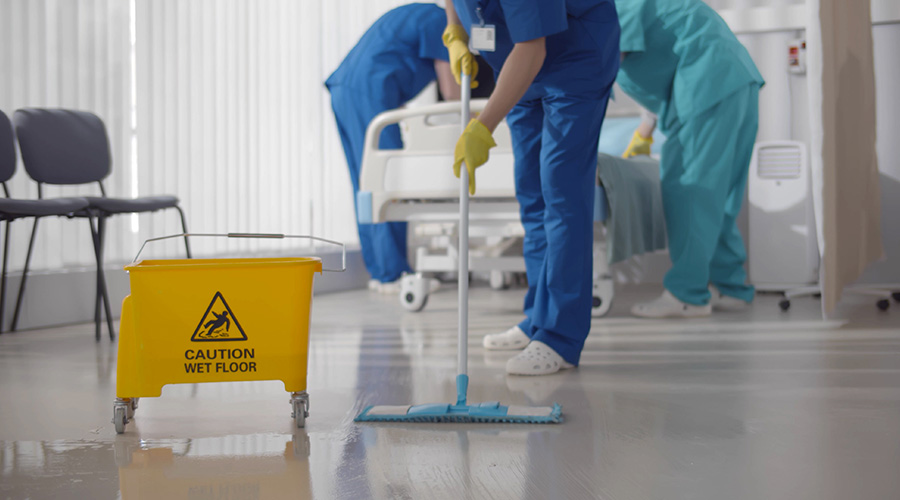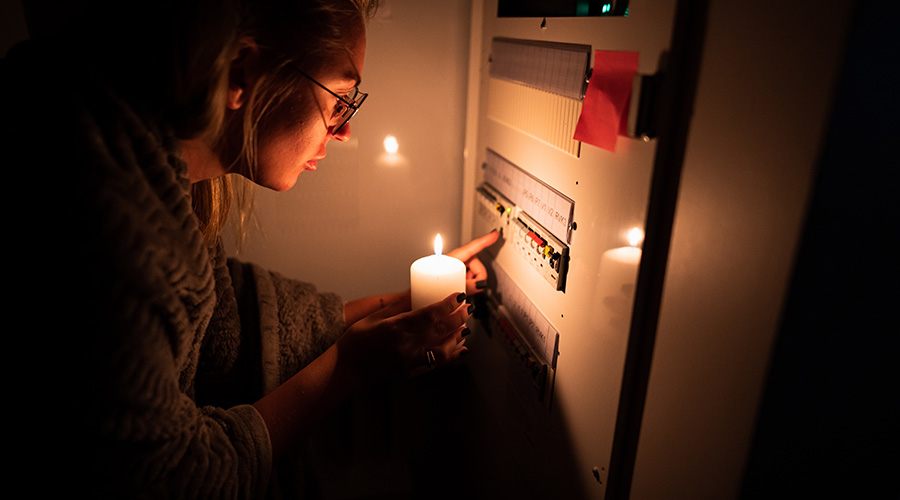In a letter to U.S. Department of Health and Human Services (HHS) Secretary Alex Azar, the National Association of Freestanding Emergency Centers (NAFEC) offered the full resources its 200 FECs have to assist with the COVID crisis and also requested that the Centers for Medicare and Medicaid Services (CMS) utilize its authority to provide Medicare and Medicaid reimbursement to freestanding emergency centers (FECs) for Medicare and Medicaid patients during the Covid-19 pandemic.
FECs’ recognition as Medicare and Medicaid-approved healthcare facilities would alleviate hospital overflow during the expected surge of COVID patients, provide rural and underserved patients with more and easier access to care and help leverage untapped resources, including hundreds of ER physicians and more than 1,500 hospital beds, in the nation’s response to the pandemic.
Currently, the more than 200 FECs across the nation are not eligible for Medicare or Medicaid reimbursement because the Medicare statute has lagged the relatively new form of health care delivery and only recognizes centers owned by hospitals. This cuts off many vulnerable and older patients dependent on Medicare and Medicaid who are at greatest risk during this healthcare crisis from critical medical resources. In order to facilitate recognition of FECs by CMS, HHS must modify its current CMS regulatory interpretation.
The nation’s more than 200 FECs are fully equipped emergency rooms staffed by emergency physicians, nurses and support staff and are required to provide 24/7 access to emergency health care under the same quality standards that apply to hospital emergency rooms. FECs possess key healthcare resources such as ventilators and isolation rooms that are badly needed during the pandemic. Across the state of Texas alone there are more than 1,550 patient beds in freestanding emergency centers ready to relieve the burden on hospitals.
In its letter, NAFEC further offered a range of suggested services FECs could perform, if authorized, that would relieve the strain on hospitals, including
- Serving as Covid-19 testing sites
- Offering inpatient or ICU services
- Providing outpatient services
- Caring for patients longer than 23 hours
- Serving as a dedicated facility for hospital ERs
- Offering post-op treatment for emergency surgery patients
July 29, 2020
Topic Area: Press Release
Recent Posts
 Building Sustainable Healthcare for an Aging Population
Building Sustainable Healthcare for an Aging Population
Traditional responses — building more primary and secondary care facilities — are no longer sustainable.
 Froedtert ThedaCare Announces Opening of ThedaCare Medical Center-Oshkosh
Froedtert ThedaCare Announces Opening of ThedaCare Medical Center-Oshkosh
The organization broke ground on the health campus in March 2024.
 Touchmark Acquires The Hacienda at Georgetown Senior Living Facility
Touchmark Acquires The Hacienda at Georgetown Senior Living Facility
The facility will now be known as Touchmark at Georgetown.
 Contaminants Under Foot: A Closer Look at Patient Room Floors
Contaminants Under Foot: A Closer Look at Patient Room Floors
So-called dust bunnies on hospital room floors contain dust particles that turn out to be the major source of the bacteria humans breathe.
 Power Outages Largely Driven by Extreme Weather Events
Power Outages Largely Driven by Extreme Weather Events
Almost half of power outages in the United States were caused by extreme weather events.